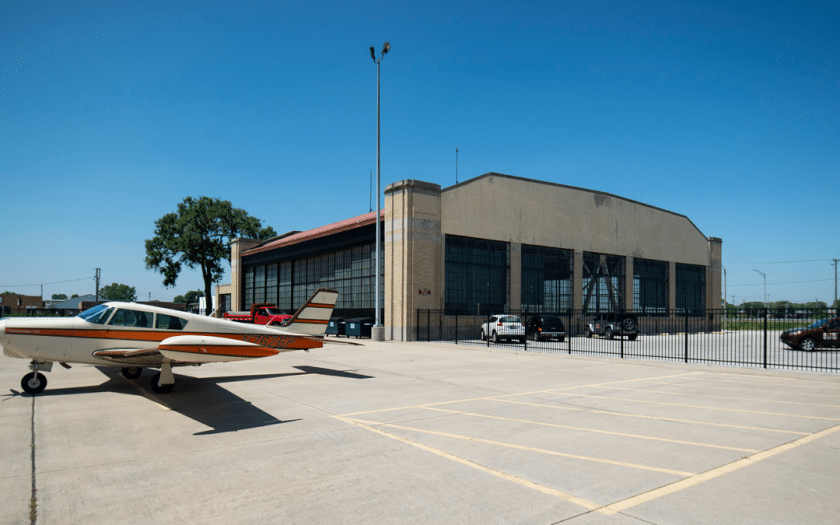John Deere, renowned for its iconic green and yellow tractors and crop harvesters, is making strategic adjustments to secure its future. Despite the announcement of layoffs affecting around 610 production staff at plants in Illinois and Iowa by the end of summer, the company remains committed to evolving its business model to meet changing market demands.
Strategic Adjustments Amid Market Changes
The company is reducing its workforce by 280 at the East Moline, Illinois plant, 230 at the Davenport, Iowa facility, and 100 production employees at the Dubuque, Iowa plant, with layoffs effective from August 30. These decisions are driven by reduced demand from these factories, ensuring that John Deere remains agile and responsive to current market conditions. In a statement to Fox Business, John Deere emphasized that rising operational costs and declining market demand necessitate enterprise-wide changes. These adjustments aim to best position the company for future success and efficiency.
Support for Affected Employees
John Deere is committed to supporting its employees during this transition. Affected workers will receive Supplemental Unemployment Benefit (SUB), covering about 95% of their weekly net pay for up to 26 weeks, depending on their years of service. Additional support includes profit-sharing options and health benefits.
Expanding Global Operations
Earlier this month, John Deere announced plans to transition the manufacturing of skid steer loaders and compact track loaders from its Dubuque facility to Mexico by the end of 2026. This move aims to address rising manufacturing costs and improve operational efficiencies, optimizing factories for future products and leveraging a global labor force.
Commitment to Innovation and Efficiency
John Deere’s decision to optimize its operations includes making existing factories more efficient and capitalizing on strategic locations both in the U.S. and globally. This approach ensures that the company can continue to produce high-quality, innovative products while maintaining competitiveness in the global market.
Addressing Market Challenges
John Deere has faced various market challenges, including lower crop prices, which have resulted in excess inventory of unsold tractors and combines. Some agricultural equipment sellers have offered discounts and suspended new orders, reflecting the broader industry trend. The Department of Agriculture has also forecast a 25.5% slide in farm income this year, impacting demand for agricultural equipment. Despite these challenges, John Deere generated $10.166 billion in profits last year and reported $27.42 billion in net sales and revenues over the first two quarters of this year. With a market capitalization of around $102.81 billion, the company remains a significant player in the agricultural equipment industry.
Future Outlook
John Deere continues to monitor and adjust its operations to meet evolving market demands. By making strategic decisions today, the company aims to ensure long-term growth and stability. For more information on John Deere’s updates and future strategies, visit Fox Business. — John Deere, established in 1837, is one of America’s oldest companies, embodying resilience and innovation. With a focus on efficiency and future growth, Deere is poised to continue its legacy of excellence in the agricultural equipment industry.




